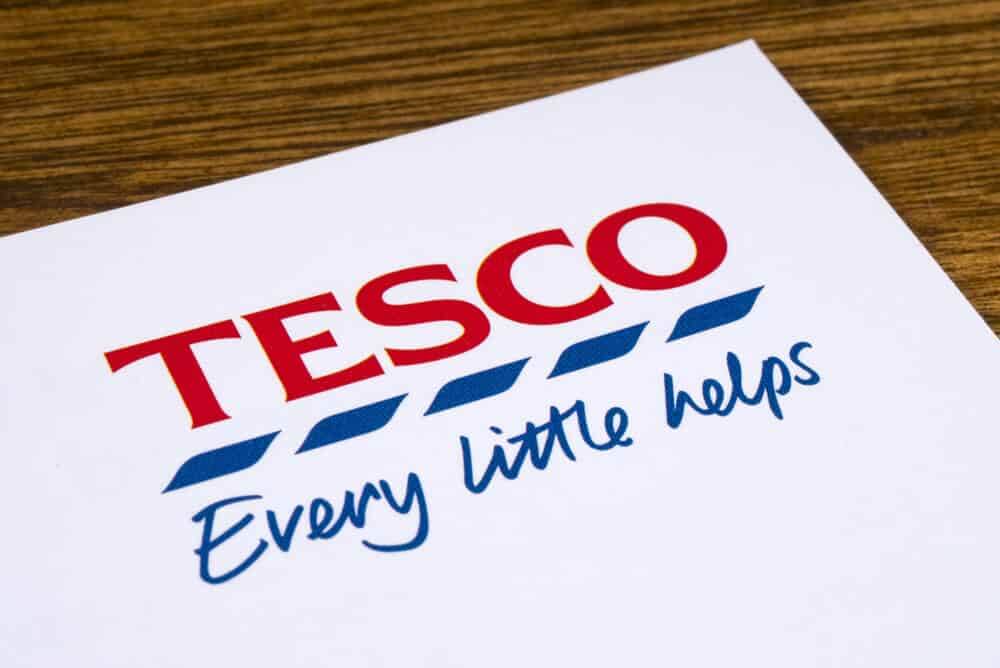
Tesco Staff Costs Cause Stocks to Fall
Tesco slumped after its warning that the COVID-19 crisis could cost up to £925m or $1.14bn. This was disclosed in a stock trading update on Wednesday.
The U.K.’s biggest grocer said there has been a 30% uplift in U.K. stores from panic-buying of staples. However, investors sold stocks in Britain’s biggest supermarket chain despite this 30% surge in sales.
The supermarket sector is probably doing better than most in the coronavirus crisis. However, panic-buying only dislocates the time horizon of consumption, rather than increase it.
The temporary increase in sales is more than offset by other factors. This includes lower outlays on discretionary items and extra costs arising from staffing disruptions.
The company estimated additional costs of between 625 and 925 million pounds this year. It has hired 45,000 extra staff so far to deal with the surge in business.
It said that its banking arm will probably lose money this year due to a rise in bad loans. This is due to the income of millions of newly-unemployed customers drying up.
With higher sales came higher costs as the company highlighted a significant leap in payroll and distribution costs. New hires were to meet extra demand as well as to cover for those who are absent and being paid.
Tesco and European Supermarkets’ Shares are Falling
Tesco shares fell 3.7% in London on stock market news, dragging the rest of the U.K. supermarket sector down. J Sainsbury and Morrison Supermarkets shares were both down 3.3%.
The moves helped to make the U.K. FTSE 100 perform less than the broader Stoxx 600 index with a 1.6% decline. This compared with a 1.2% drop for the regional benchmark.
Stocks in other European markets also suffered as Eurozone finance ministers failed to arrive at an agreement on crisis response. Germany and others have continued to reject calls from France, Spain, and Italy for common debt issuance.
Tesco also scrapped its guidance for the new fiscal year like Dutch brewer Heineken did.
On the other side of the coin, it wasn’t all bad news. Supermarkets have an unusually reliable cash flow, and thus confidence about their liquidity.
With that, Tesco not only stuck by its plans to pay a full-year dividend. It paid out more than previously guided at 9.15 yield of over 4.4% at current prices.
By contrast, U.K. insurers Aviva, Hiscox, and RSA all caved into regulatory pressure on Wednesday. They said they would suspend dividend payments until the COVID-19 crisis passes.




